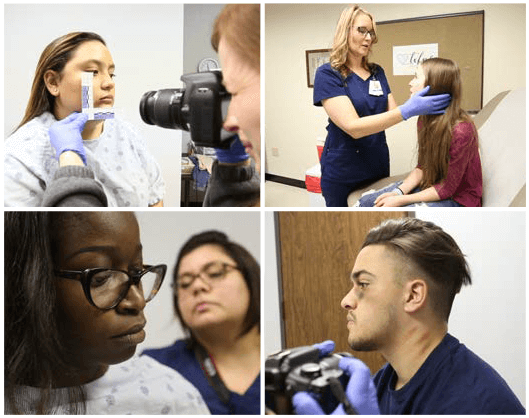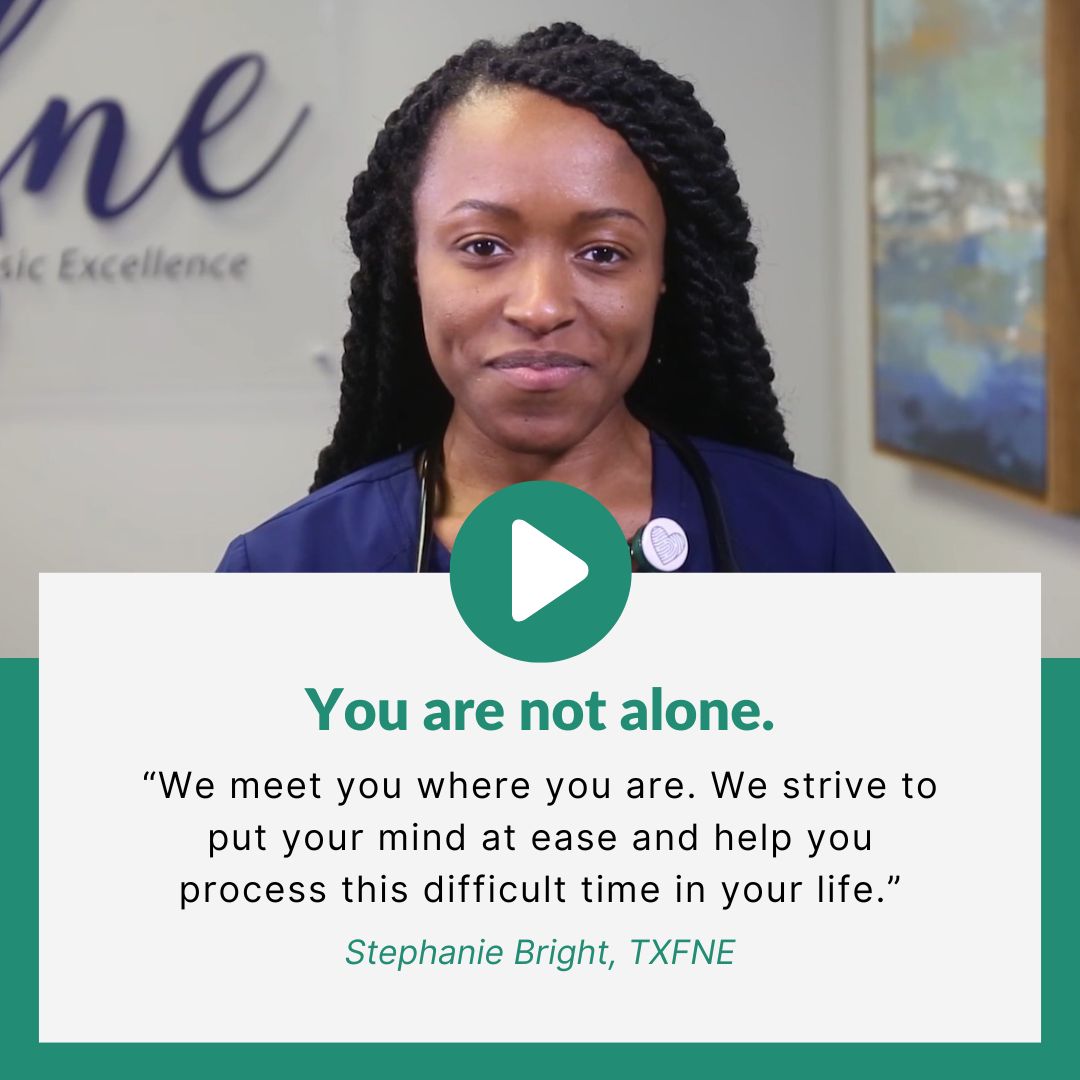What is a forensic exam?
A forensic exam is an exam conducted for any patient impacted by sexual assault, human trafficking, domestic violence, physical assault, strangulation, child abuse and elder abuse. This exam is conducted by a registered nurse with specialized training in caring for victims of violence aimed to collect evidence that could be used in legal proceedings and also to address the physical and emotional needs of the survivor.
This examination process is designed to be thorough and respectful, prioritizing the health, safety, and dignity of the survivor throughout. If you or someone you know needs a forensic medical exam, reach out to us by calling our 24/7 hotlines answered by a forensic nurse. We receive calls from patients, law enforcement, schools, hospital, & advocacy agencies.
What to Expect

There are 7 steps to a forensic exam:

INFORMED CONSENT
This is the first step of the exam, the nurse will go over the different parts of the exam, the exam is completely consensual so the patient and/or guardian must consent for the exam process. The patient has the right to decline any portion of the exam.

MEDICAL FORENSIC HISTORY
The nurse will then go over any past medical history the patient may have. The nurse will ask questions regarding the assault so that the nurse can care for the patient appropriately.
PHYSICAL EXAM
The nurse will look at the patient from head-to-toe identifying and documenting any injuries or other findings. The nurse will take photos at the same time to document any injuries.
ANOGENITAL EXAM (If Applicable)
The nurse will assess the genital area as well as the anus, documenting any injuries or other findings. The nurse will take photos at the same time to document any injuries or abnormalities.
EVIDENCE COLLECTION (If Applicable)
The nurse will collect evidence for up to 120 hours post-assault for sexual assault patients. Evidence collection can include swabs of different areas of the body, clothing, and toxicology testing. You can still get an exam if the assault happened outside of this timeframe.
MEDICATION AND MEDICAL TREATMENT
The nurse will offer or recommend medications to prevent sexually transmitted infections, pregnancy and/or HIV. Other medical treatment may be needed and will be conducted in the hospital setting.
SAFETY AND DISCHARGE PLANNING
The nurse will ensure the patient has the resources they need for follow-up care as well as connection with advocacy resources.
Frequently Asked Questions
Anyone that has been impacted by violence (sexual assault, domestic violence, human trafficking, physical assault, child abuse and elder abuse) can receive a forensic exam. TXFNE cares for victims of all ages. TXFNE’s services are available regardless of immigration status, sex, gender, income level and disability.
If you are between the ages of 18 and 64 and can make your own medical decisions, you do not have to report to law enforcement. You can still receive an exam and even have evidence collected that will be stored up to 5 years at the Houston DPS warehouse in case you decide to report in the future.
Nurses are mandatory reporters and must report to law enforcement and DFPS for all children under the age of 18, all adults 65 and older, and any person that is unable to make their own medical decisions.
Yes, we still encourage a medical forensic exam for patients that are passed the window of evidence collection. All other portions of the exam remain the same. There are many medical and emotional needs following an assault, therefore receiving a medical forensic exam to address medical and safety concerns is important.
The exam takes 2-4 hours for a sexual assault exam and 1-3 hours for a domestic violence exam. This time frame can depend on many factors.
If you’re still wearing the clothes you were wearing at the time of the assault, leave them on. If you’ve taken them off but haven’t washed them yet, bring them to the exam (in a paper bag if possible). Try not to shower, go to the bathroom, eat/drink/smoke/chew gum, or douche before your exam, this can help to preserve evidence for collection. If you must urinate, pat dry instead of wiping. Do not be discouraged if you have already done one of the above listed activities, it is still important to receive a medical forensic exam and have evidence collected.
Yes, you can bring a support person with you to the exam. They may be asked to step out for some portions of the exam, but the nurse will inform you when they will be allowed back into the exam room.
Yes, call our hotline for your area and press 1 to speak directly to a forensic nurse.


